Being a Man of Action: Tenet
We find ourselves in an interesting dilemma here at RV discussing this film. This film is about as apolitical as one can be, but the circumstances surrounding its release could not be more ample fodder for the media circus. 2020’s cinematic and cultural drought collided with Christopher Nolan’s perseverance in making sure the theatrical experience was heralded back to the public with his latest film. Despite the constant shuffling of tentpole film release dates (including this one), Tenet was always going to be the first film to reopen cineplexes. It’s here for most U.S. and international markets (save for New York and Los Angeles, the two biggest box offices in the nation), and it is as dignified and wholly original as big movies have ever been.
If anyone knows how to come out of the gate strong; it’s Christopher Nolan. In giving The Dark Knight’s opening bank robbery scene a run for its money, Tenet comes out swinging with a hostage crisis in a European opera house. We will keep spoilers about the entire film minimal, but for now we will just say that John David Washington knows how to handle himself during a SWAT team raid, Ludwig Goransson can score a film, and Christopher Nolan can get your heart racing. The backdrop for all of this propulsion is that John David Washington plays a nameless American spy (fittingly referred to as “The Protagonist”) who must recover a futuristic technology before it can cause a third world war.

What follows is a James Bondian tale of espionage, duplicity, intrigue and bombastic stunt work. The Protagonist is essentially the more ethical and American alternative to 007; using his powers of persuasion to insert himself into situations the bad guys wouldn’t want him to be in, and doing everything he can to avert global crisis. His anonymity to the audience is a reflection of how his job forces him to forgo his own sense of identity and engage in a life of solidarity. On paper, this idea of a vague protagonist shouldn’t work, but in practice it does. Nolan seems to have found a newfound strength in his writing. He allows his acute sense of “story through action” to be the sole basis of The Protagonist’s characterization. He’s the first person in line during the SWAT raid, the first person to attend to another’s injury, and the first person to figure out the solution to a problem just like a strong leading man should be. By his very physical nature, the audience knows everything they need to know about him.
When creatives discuss “story through action,” they are talking about the screenwriting principle that it matters less what characters say and more so what they do. The best action auteurs understand this the best, and are able to convey the bulk of their film’s themes and motifs without a word spoken. They can deftly deliver the information and context required for the audience to understand the basic premise, and then let the action speak for itself. The current masters of this are Christopher McQuarrie with the recent Mission: Impossible films, Chad Stahelski with the John Wick series, and Christopher Nolan in his post-Batman Begins career. It’s clear that these three filmmakers are all watching and admiring each others’ work, and are each able to deliver something wholly unique from one another.
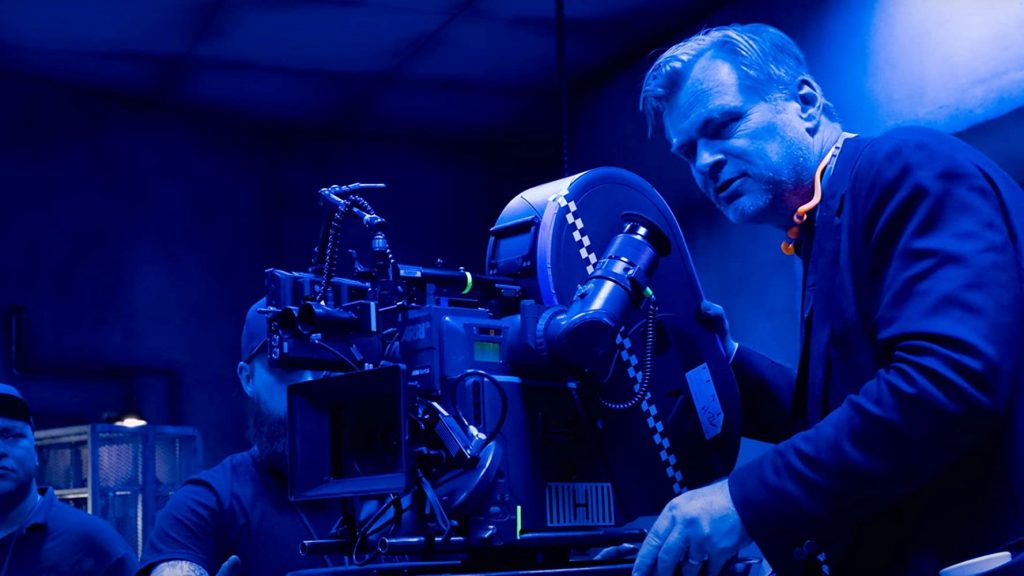
Nolan has gotten progressively better with his films at finding interesting ways to dump expositional dialogue into his films and also be able to keep the pace of his films fast and momentous. With Interstellar in 2014, he discovered how to make his character’s discuss his lofty scientific concepts in a realistic way and with Dunkirk in 2017, he was able to create the stress and thrills he’s become known for with the bare minimum amount of verbal context. Tenet finds itself in the happy medium here, explaining what it really has to, but also allowing the audience the space to distance themselves from the heady conceits so that they can realign with the characters’ immediate struggle. The athletic prowess of John David Washington’s performance puts him in direct competition with Keanu Reeves and Tom Cruise as actors who can say everything about a character simply with how they run from point A to point B.
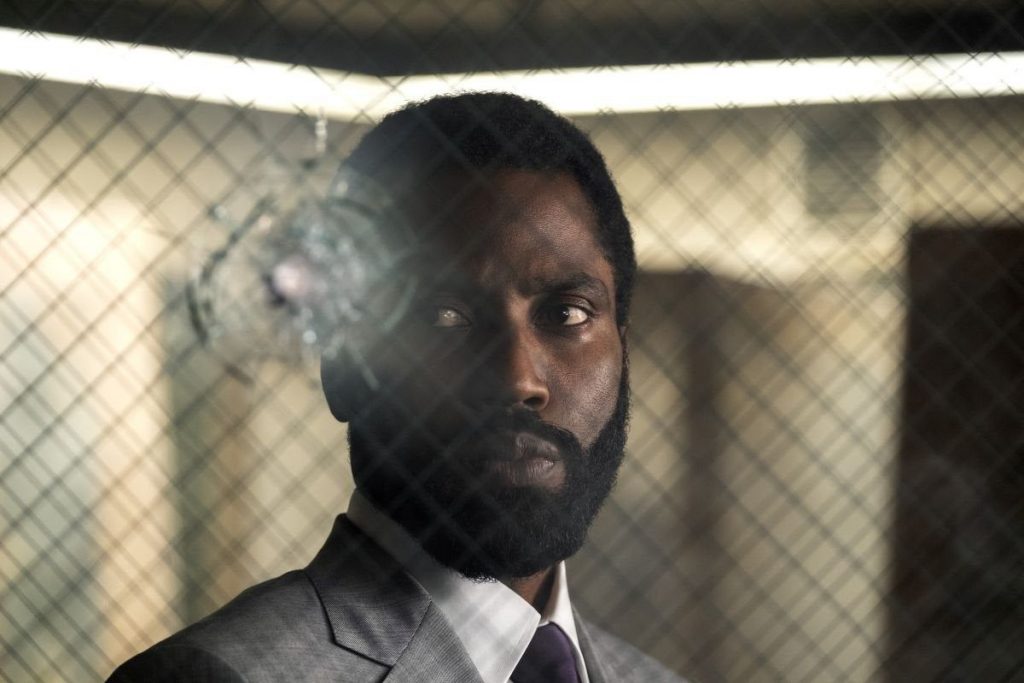
The large scale set pieces of this film are not just reliably thrilling from Nolan, but given a new emotional weight with Washington willing to do them himself. The Protagonist is putting every ounce of his being into saving the world, and we feel the mental and physical strain through the camera lens. Critics of the film have called this film cold, but it’s really just not so overtly precious over the characters’ struggles. The Protagonist is a man of deep focus and commitment to his work because he knows that there are larger implications if he experiences doubt or hesitation. We see him reflect and physicalize emotion after certain decisions or occurrences in the film. Through these private moments, we get an insight into how lonely his job must be, given the distance and utility he must maintain with the people he comes across in his travels. Yet there is not an ounce of self pity on display in this man, and in fact The Protagonist seems to relish that his self worth is defined by his all encompassing capability as a professional and as an empath.
The overall creativity on display in the film is alone enough to justify the reopening of cinemas. The marketing is not lying to you when they say that the scale and size of this story can only be experienced on a big screen. The subtly science fiction concepts are nearly impossible to grasp the logic of on first or even second viewing. It definitely feels as though there is an internal logic behind all of it, but even after multiple viewings here at RV we have yet to fully grasp the time-inverting mechanics of the movie. Thankfully the film gives us the courtesy early on by saying “don’t try to understand it; feel it.” Despite the confusion of the paradoxical nature of the film’s chronology, it does not make the emotional or linear journey of the character’s any less compelling or digestible. In fact, The Protagonist’s lacking understanding of the concepts of the film add to the immersion. Although he does not grasp the whole picture, he knows the only thing that matters is his relentless march forwards.
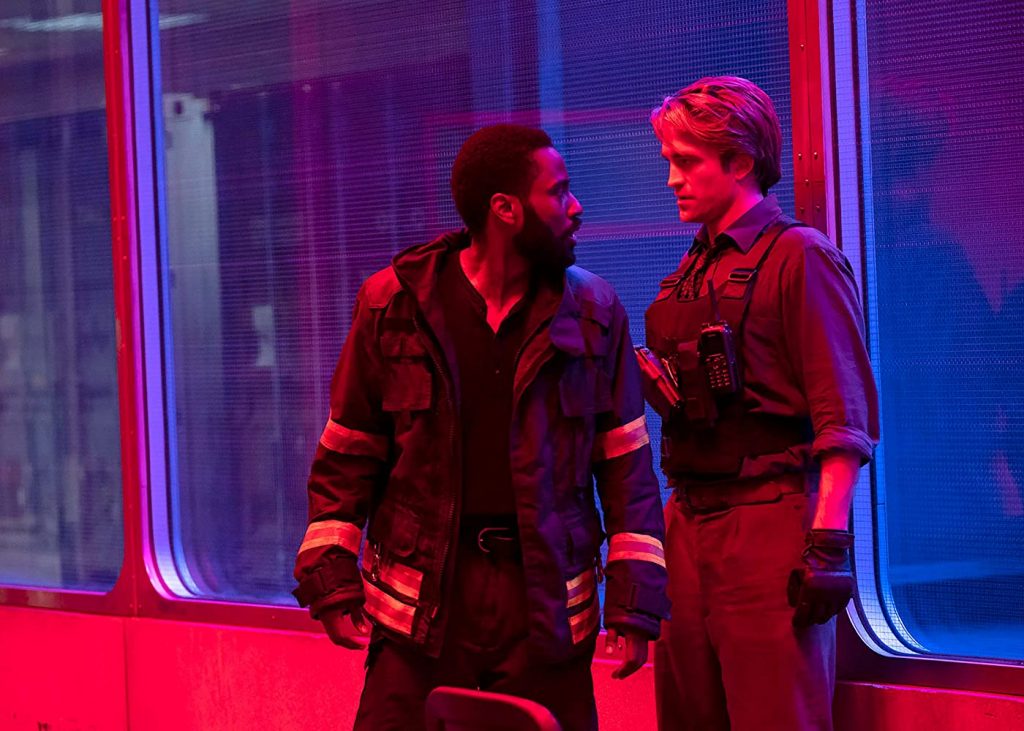
The only real drawback to the film is the sound mix. It’s been discussed to death by now, but it’s not a critique without merit. Nolan has always prioritized his music scores and sound effects in his previous sound mixes, and he always finds a way to diversify the voices of his cast members (The Dark Knight Rises may be the worst offender of all of this). The added challenge that Tenet has is that Nolan shot the film entirely with IMAX cameras, which are notorious for being to difficult to shoot dialogue scenes with given how noisy they are. Because of this, much of the dialogue is difficult to discern through all of the bigness of the soundscape. Thankfully the score from rising star composer, Ludwig Goransson, is as unique, propulsive, and engrossing as the film it accompanies. Its creativity and adeptness at incorporating time inversion into the melodic fabric of the score isn’t just a gimmick, but a true show of genius that makes for great listening with or without the film it accompanies.
Unfortunately for Tenet, the climate it has been released during could not be more unwelcoming to new cinematic content than any other point in history. The film is being used as the argument against reopening theaters, whilst also being given the responsibility of saving the exhibition business. Both of which are a responsibility that is unfair to force upon any piece of art or entertainment. And despite all of the toxicity surrounding the topic of reopening the country, Warner Brothers, one of the largest and most heralded Hollywood studios, made a decision not entirely based on money. WB and Nolan understand that this was a film capable of grossing a billion dollars worldwide any other year, was budgeted and produced in a climate that would allow for such a result, and they have accepted the fact that no film will bring in that kind of an audience for at least a decade to come.
This is the fatal flaw of the release date shuffling that the other studios have done. Shelving No Time to Die, Black Widow and the likes in the hopes that by next summer people will come back to cinemas in the large droves is the saddest delusion they could possibly indulge in. Following Tenet’s example should mean an effort in restoring confidence in the safety of the theatrical experience right now. Bringing that peace of mind to the public would ensure financial success for years to come, but would require a patience and honesty these studios are incapable of. Instead, they have opted for clumsily and repeatedly moving the goal post and creating false hope within their audiences. It proves what has long been known about the industry; these decisions are traditionally made in a vacuum that disregards what is considerate of the audience. It’s for this reason alone that we at RV truly grateful for what Christopher Nolan has done with Tenet, and why this film, along with his previous works, stands in a high class of its own.


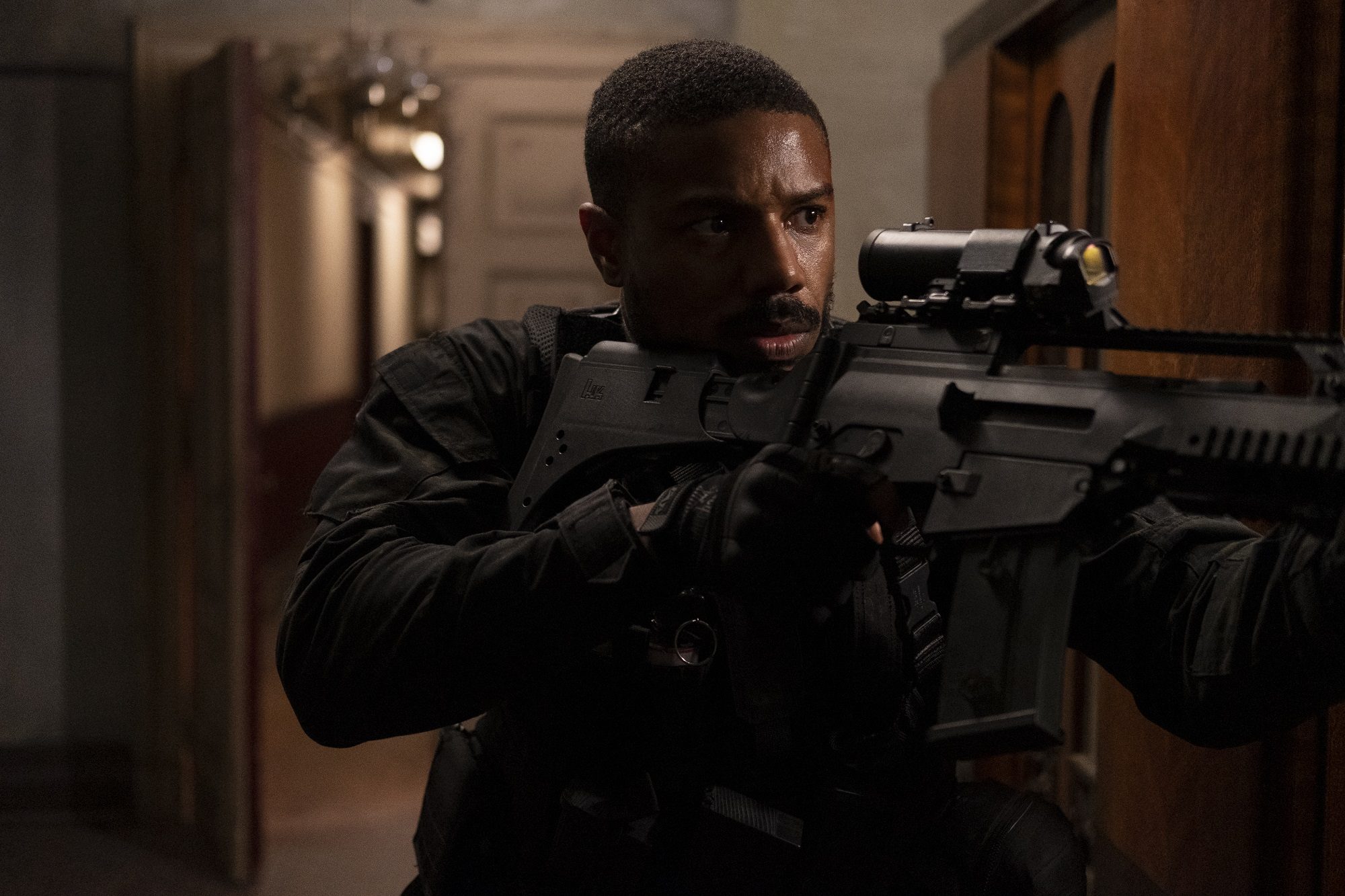
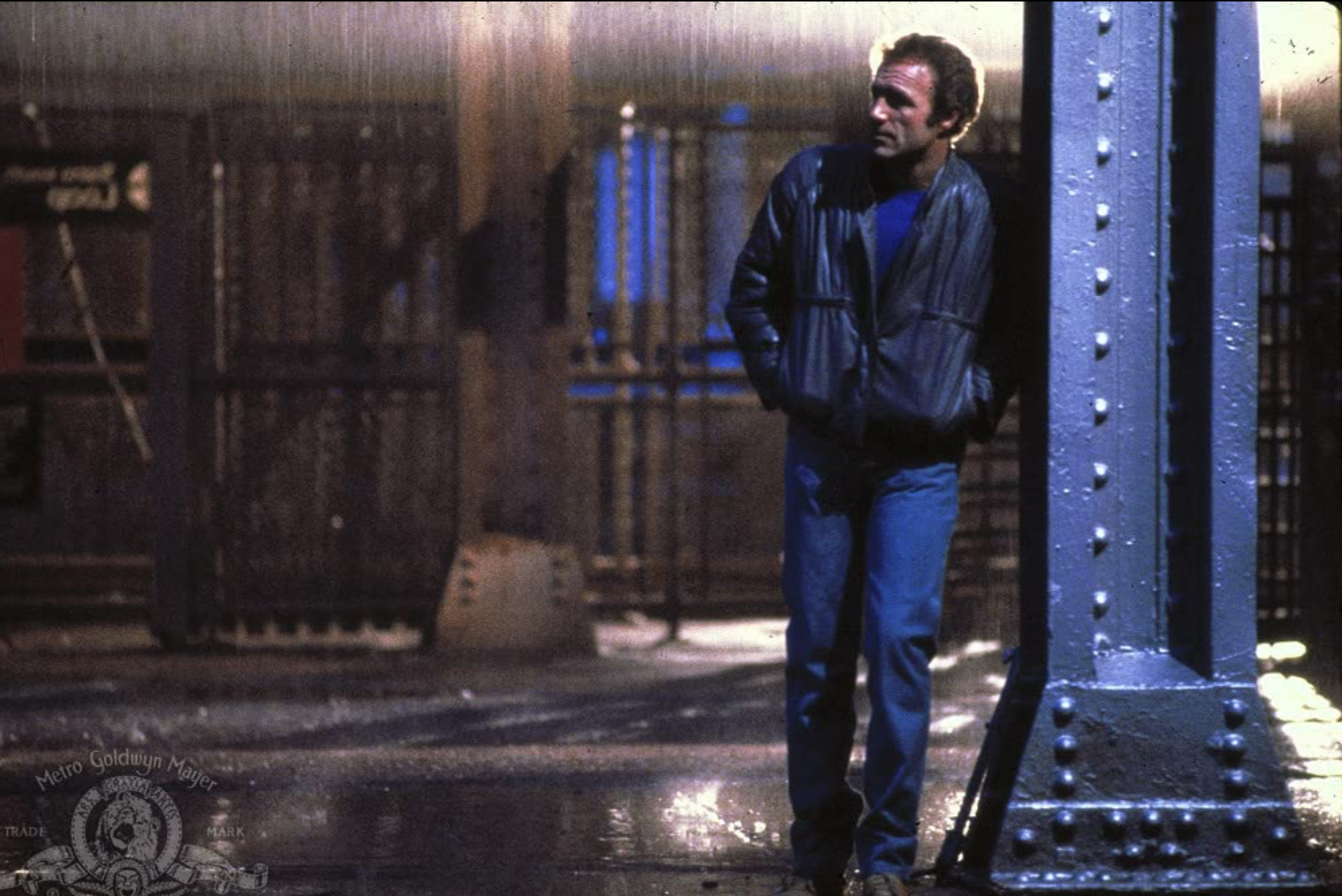
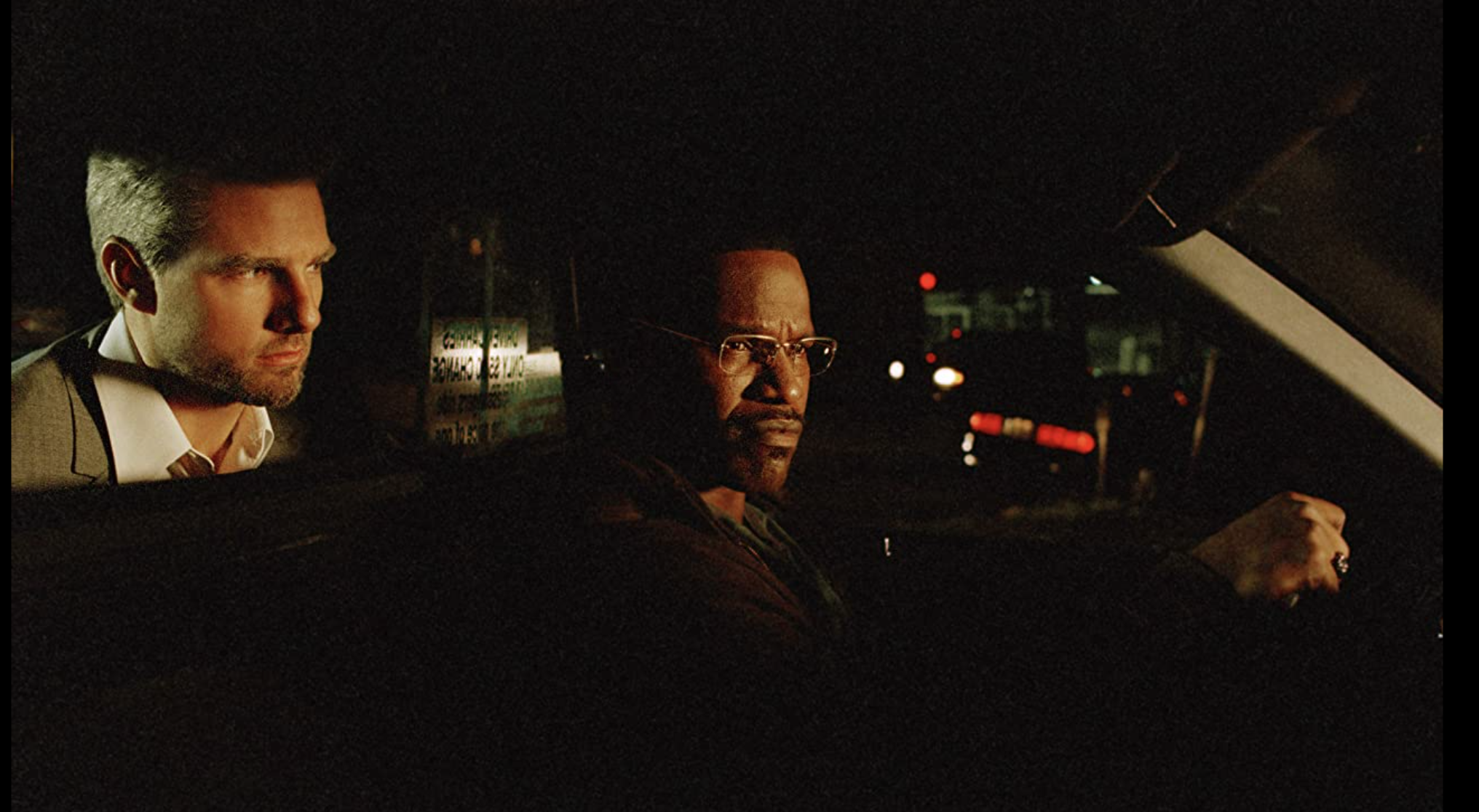
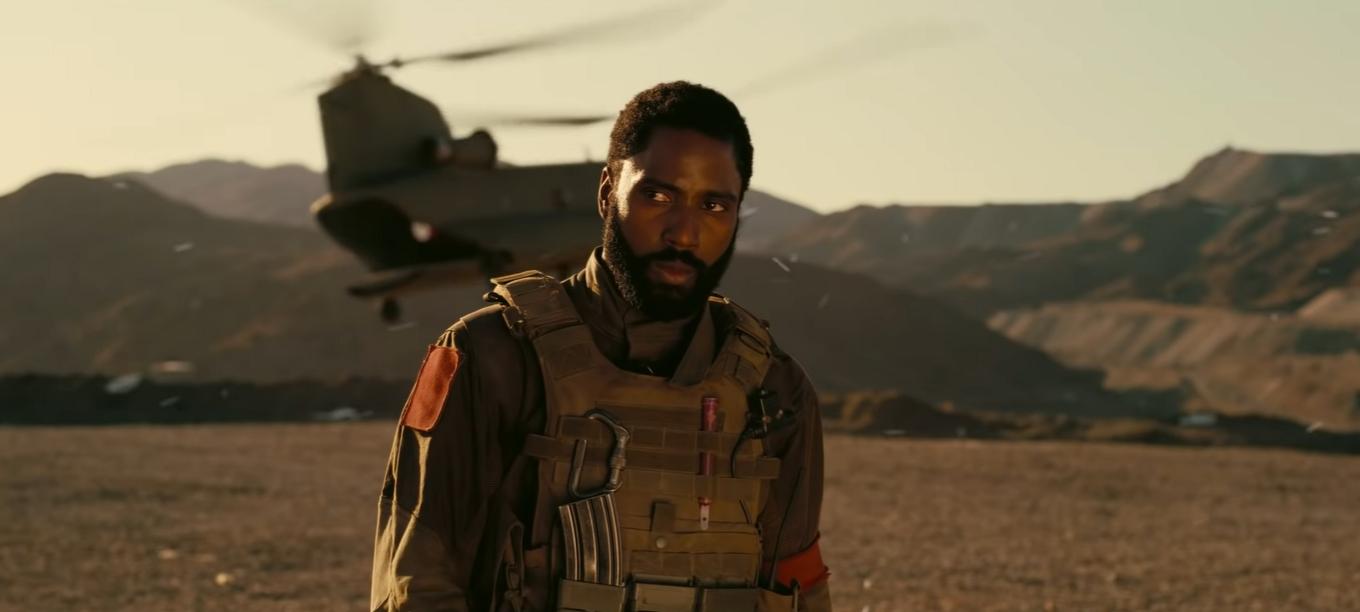

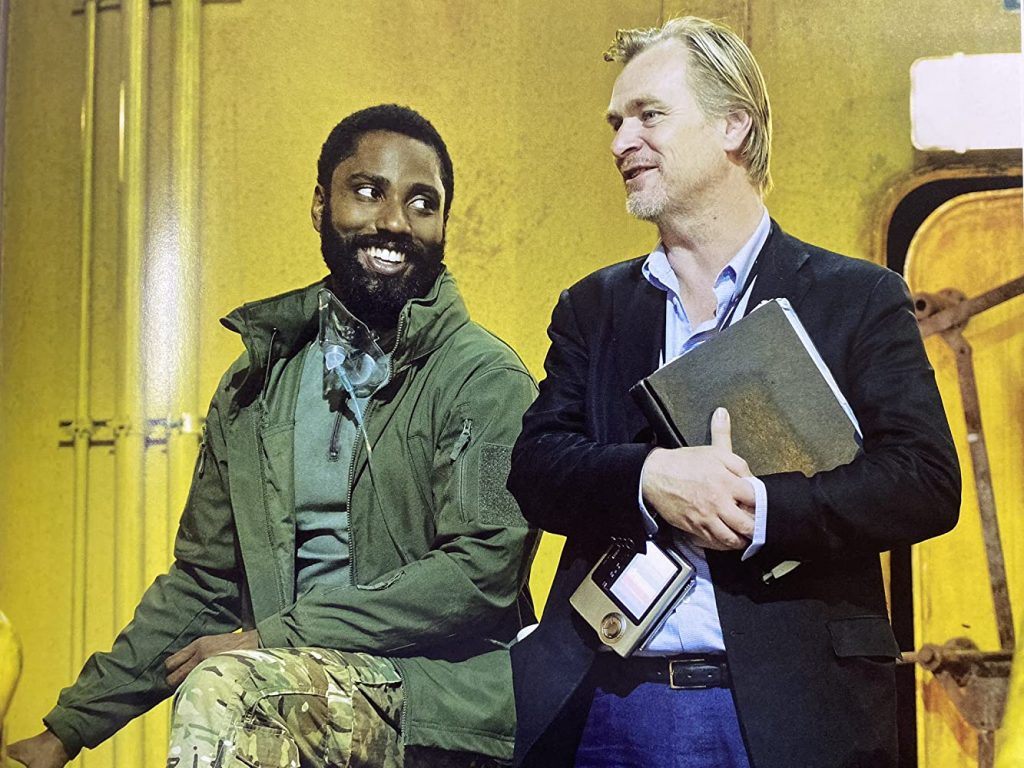
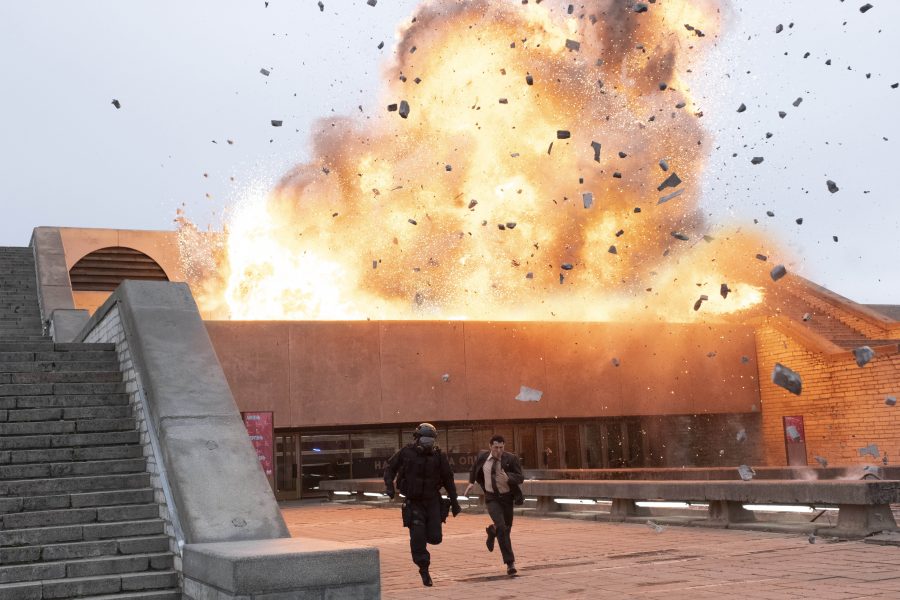

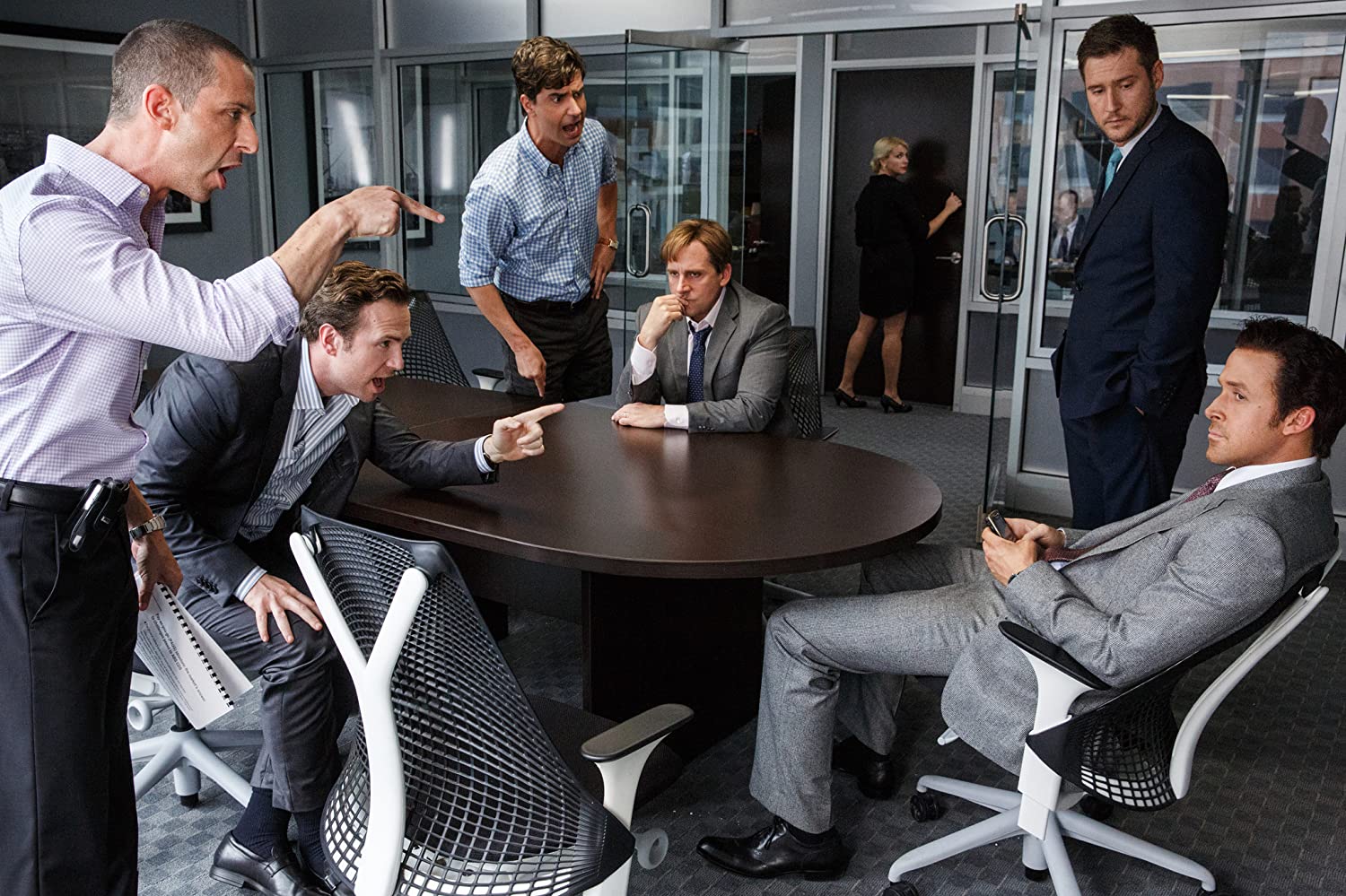

Comments